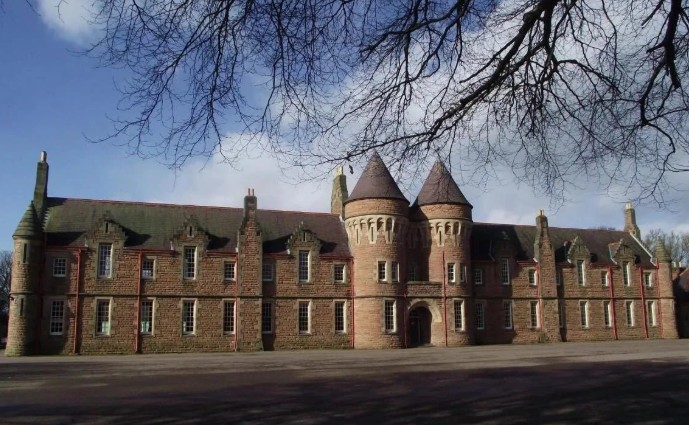The UK government is set to move nearly 900 asylum seekers from hotels into military facilities, a move that has sparked fresh debate.
While this represents a small fraction of the roughly 32,000 people currently housed in hotels, the Home Office is aiming to accommodate up to 10,000 individuals in former military sites.
The first sites earmarked for this plan are Crowborough Army Training Camp in East Sussex and Cameron Barracks in Inverness. Local MPs and councillors have already voiced concerns, citing potential risks to community safety and social cohesion.
The approach recalls the Conservative government’s previous strategy, which included controversial sites such as the Bibby Stockholm barge. Back then, Labour criticised the plan heavily.
Now in power, Labour appears to be adopting and even expanding similar measures, a move likely to reignite debates over safety, costs, and living standards.
The Bibby Stockholm, closed in 2024, faced serious allegations, including poor physical and mental health support, disease outbreaks, and suicides.
Médecins Sans Frontières also highlighted dangerous conditions at the Wethersfield centre, where residents risked exposure to unexploded ordnance and toxic gases.
Earlier reports on Napier Barracks in Folkestone described unsanitary, overcrowded conditions, with independent assessments calling them “decrepit.”
A 2021 High Court ruling deemed the Home Office’s housing arrangements unlawful during the pandemic. Yet, the closure of Napier and Wethersfield has been delayed, and resident numbers continue to rise.
Financial concerns also loom large. The National Audit Office reported that military sites cost more than hotels, challenging the Home Office’s claims of potential savings.
Early estimates suggested an extra £46 million would be spent on barracks over hotel accommodation, driven by refurbishment costs and wasted investments, such as the £60 million spent on the abandoned RAF Scampton project.
Critics argue that housing asylum seekers in barracks risks isolation from local communities. Historical comparisons have even been drawn with the internment of “enemy aliens” during the world wars, raising fears that asylum seekers could become targets for far-right groups and anti-immigrant sentiment.
Legally, the government must provide housing while asylum claims are processed, which can take over a year due to backlogs.
Previously, lower-cost dispersal accommodation was used, costing around £27 per person per night, compared with £170 per night for hotels.
Privatisation has exacerbated the problem. Over the past 13 years, private contractors have prioritised profit, contributing to rising costs and poor conditions.
Graham King, for instance, has profited heavily through contracts with providers like Clearsprings Ready Homes, despite repeated criticism over the state of facilities such as Napier and Wethersfield. Clearsprings’ contract values have grown from £0.7 billion to £7 billion.
As the government presses on with barracks plans, questions remain about their practicality and sustainability.
Alternatives could include repurposing vacant student accommodation or office buildings, or improving kitchen facilities in existing sites.
Returning to dispersal housing and allowing asylum seekers to work could also reduce costs and encourage integration.
Without broader improvements in housing availability and affordability, the contentious debate over asylum accommodation is unlikely to fade.






